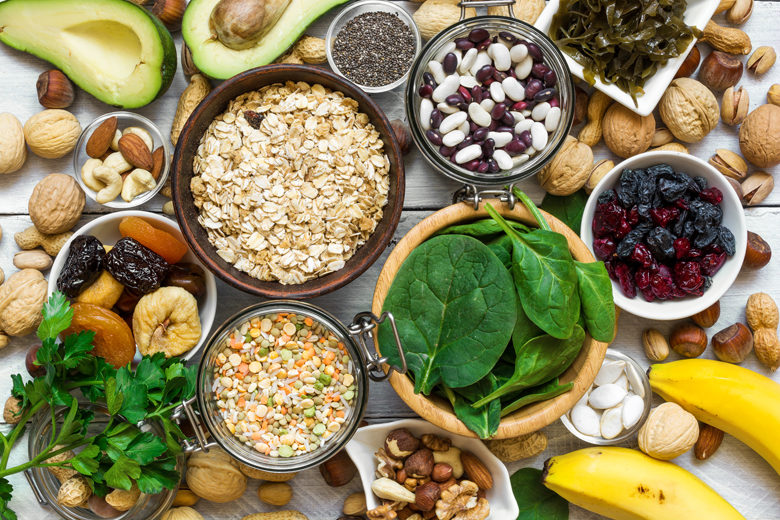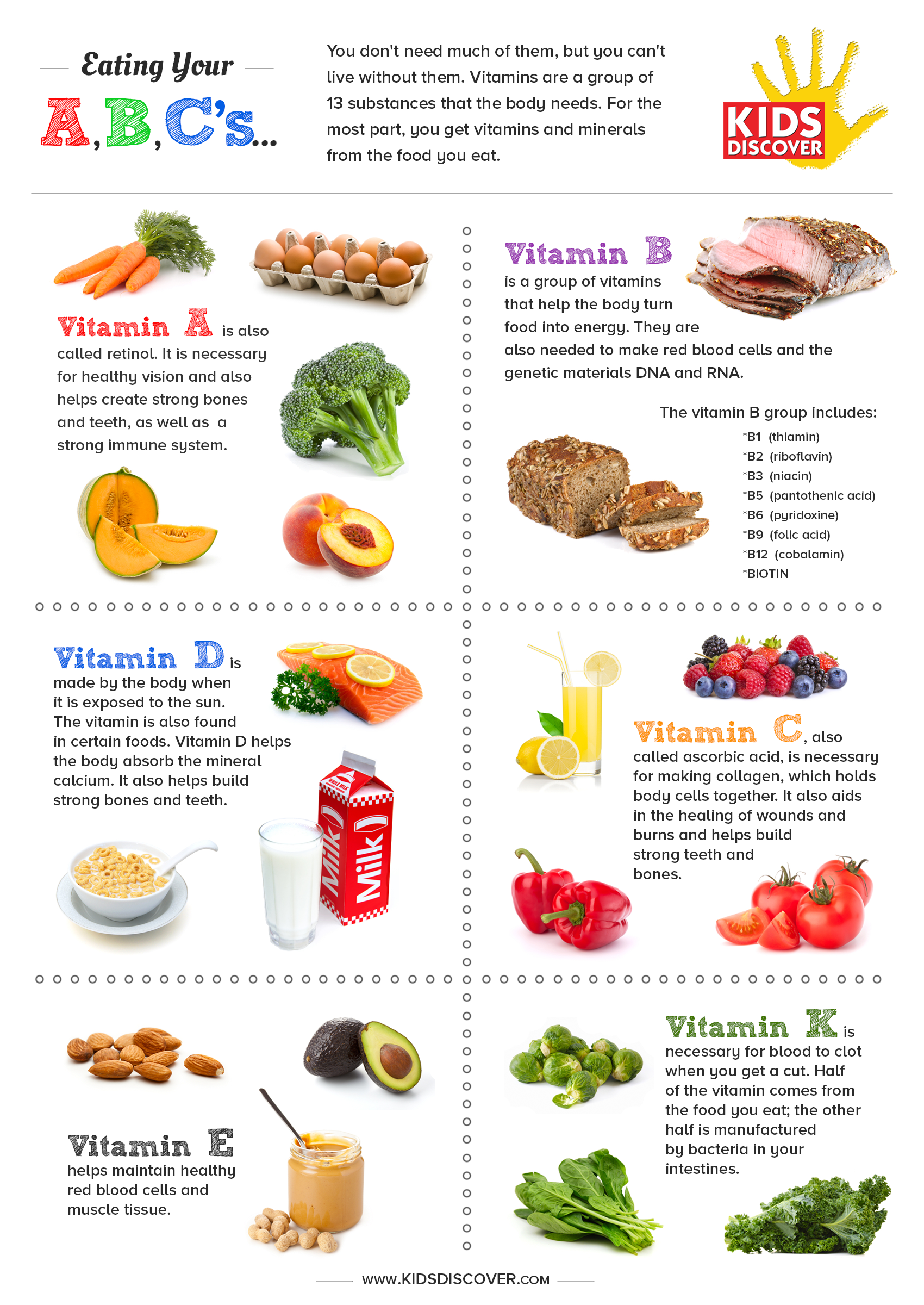Feed Scarborough Presents: Micronutrients!

Scroll Down for Survey: Participants can receive an additional 10 points to use at the Feed Scarborough Community Grocery Store!
Language Translation Available: Scroll up and click on the top right-hand corner to choose your preferred reading language.
![]()
What are micronutrients?
Micronutrients are one of the major groups of nutrients our body needs. They occur naturally in whole foods and they play a central role in metabolism and in the maintenance of tissue function. Relative to macronutrients, our bodies need smaller amounts of micronutrients, that’s why they are labelled “micro.”
Examples of micronutrients:
- Antioxidants
- Minerals
- Vitamins
Our bodies uses dozens of different beneficial micronutrient chemicals every hour of every day to keep us energized, produce enzymes and hormones, and prevent deficiencies.
Low levels of micronutrients can result in various problems including but not limited to: mental impairment, poor digestion, thyroid problems and/or bone loss.
All micronutrients are extremely important for the proper functioning of your body.
Tip to Remember: You can get MACRONUTRIENTS when you supply your body with MICRONUTRIENTS because there's also vitamins and minerals in macronutrients

What are antioxidants?
Antioxidants are compounds produced in your body and found in foods. They help defend your cells from damage caused by potentially harmful molecules known as free radicals. When free radicals accumulate, they may cause a state known as oxidative stress. This may damage your DNA and other important structures in your cells and can increase your risk of chronic diseases, such as heart disease, type 2 diabetes, and cancer.
However, eating a diet rich in antioxidants can help increase your blood antioxidant levels to help fight oxidative stress and reduce the risk of these diseases.
Antioxidants, such as vitamins C and E and carotenoids, may help protect cells from damage caused by free radicals. Other naturally occurring antioxidants include flavonoids, tannins, phenols and lignans.
Fruits, vegetables and whole grains are high in antioxidants and are also typically high in fiber, low in saturated fat and cholesterol, and good sources of vitamins and minerals.
Healthy tip: When it comes to adding antioxidants to your diet, no one food or food group should be your sole focus. Instead, be sure to incorporate a variety of fruits, vegetables, nuts and whole grains into your diet.
Powerful antioxidants food sources
FRAP (ferric reducing ability of plasma) analysis measures the antioxidant content of foods by how well they can neutralize a specific free radical. The higher the FRAP value, the more antioxidants the food contains.
- Dark chocolate = Based on the FRAP analysis, dark chocolate has up to 15 mmol of antioxidants per 3.5 ounces (100 grams). The higher the cocoa content, the more antioxidants the chocolate contains.
- Blueberries = Blueberries have up to 9.2 mmol of antioxidants per 3.5 ounces (½ cup). They are rich in anthocyanins and other antioxidants that may help reduce the risk of heart disease and delay the decline in brain function that happens with age.
- Strawberries = Strawberries provide up to 5.4 mmol of antioxidants per 3.5 ounces (per ½ cup).
- Beans = Green broad beans contain up to 2 mmol of antioxidants per 3.5 ounces (100 grams). Beans are an inexpensive way to increase your antioxidant intake.
- Beets = Based on the FRAP analysis, beets contain up to 1.7 mmol of antioxidants per 3.5 ounces (per ½ cup).
- Spinach = Based on a FRAP analysis, spinach provides up to 0.9 mmol of antioxidants per 3.5 ounces (Per ½ cup). Spinach is also a great source of lutein and zeaxanthin, two antioxidants that may help protect your eyes from damaging UV light and other harmful light wavelengths. These antioxidants help combat damage to the eyes that free radicals may cause over time.
Healthy Tip: Try eating red, orange, deep yellow and dark green leafy vegetables and fruits every day!

What are the types of vitamins and minerals and their functions?
Vitamins and minerals can be divided into 4 categories:
1. Water-soluble vitamins (listed below)
2. Fat-soluble vitamins (includes vitamins A, D, E, and K).
3. Macrominerals (includes calcium, magnesium, phosphorus, sodium, potassium, chloride, and sulfur)
4. Trace minerals (includes iron,copper, iodine, fluoride, chromium, manganese, molybdenum, selenium, and zinc)
Water-Soluble Vitamins
- Most vitamins dissolve in water and are not easily stored in our bodies as they get flushed out with our urine when consumed in excess. While each water-soluble vitamin has a unique role, their functions are related.
Water-soluble vitamins (and functions):
- Vitamin B1 (thiamine): Helps convert nutrients into energy
- Vitamin B2 (riboflavin): Necessary for energy production, cell function, and fat metabolism
- Vitamin B3 (niacin): Drives the production of energy from food.
- Vitamin B5 (pantothenic acid): Necessary for fatty acid synthesis.
- Vitamin B6 (pyridoxine): Helps your body release sugar from stored carbohydrates for energy and create red blood cells.
- Vitamin B7 (biotin): Plays a role in the metabolism of fatty acids, amino acids, and glucose
- Vitamin B9 (folate): Plays an important role for proper cell division.
- Vitamin B12 (cobalamin): Necessary for red blood cell formation and proper nervous system and brain function
- Vitamin C (ascorbic acid): Required for the creation of neurotransmitters and collagen, the protein in our skin.

Critical Body Functions of Micronutrients:
- B vitamins = needed to extract energy from food
- Vitamin B12 = required for proper nerve function and to produce red blood cells
- Vitamin A = needed for good vision, immunity, and healthy skin maintenance
- Vitamin D = required to promote bone growth, healthy immune functions, helps in calcium absorption, healthy skin renewal
- Vitamin E = is an antioxidant and helps protect cells from damage
- Vitamin K = needed to form blood clots and to shuttle calcium into bone
- Calcium = needed for muscle contraction and bone formation
- Iron = required to transport oxygen throughout the body
- Magnesium = regulates muscle contraction and nerve transmission. It helps form teeth and bones
- Potassium = needed for muscle contraction, proper nerve conduction, and maintenance of fluid and electrolyte balance.
How much micronutrients do I need daily?
The recommended dietary allowances of micronutrients is based on a person’s individual age, gender, and life stage.
Try to eat a wide variety of colourful and minimally processed foods from all major food groups (fruits and vegetables, meat and alternative proteins, grains, dairy and non-dairy foods and beverages). This will maximize your nutrient intake while staying within your calorie needs to either maintain a healthy body weight or achieve one.
Since these vitamins are not stored in our bodies, it's important to get enough of them from food. Below are some food sources and their recommended dietary allowances (RDA) of water-soluble vitamins.
Nutrients
Vitamin B1 (thiamine) = Found in whole grains, meat, fish and the RDA should be between 1.1-1.2 milligrams.
Vitamin B2 (riboflavin) = Found in organ meats, eggs, and milk. The RDA intake is 1.1-1.3 milligrams.
Vitamin B3 (niacin) = Found in meat, salmon, leafy greens, beans. The RDA intake is between 14-16 milligrams.
Vitamin B5 (pantothenic acid) = Found in organ meats, mushrooms, tuna, avocado. The RDA intake is 5 milligrams.
Vitamin B6 (pyridoxine) = Found in fish, milk, carrots and potatoes. RDA intake is 1.3 milligrams.
Vitamin B7 (biotin) = Found in eggs, almonds, spinach, sweet potatoes. RDA intake is 30 micrograms.
Vitamin B9 (folate) = Found in beef, liver, black-eyed peas, spinach, asparagus. RDA intake is 400 milligrams.
Vitamin B12 (cobalamin) = Found in clams, fish, and meat. RDA intake is 2.4 micrograms.
Vitamin C (ascorbic acid) = Found in citrus fruits, bell peppers, brussels sprouts. RDA intake is between 75-90 milligrams.

Foods to boost your immune system
Calcium: Broccoli, kale, collard greens, almonds, rice, fortified breakfast cereals, soy milk, bok choy, fortified orange juice, tofu, edamame, sesame seeds, sardines, celery, onions, cabbage, asparagus, brussels sprouts, spinach, pumpkin seeds, bok choy, kidney beans, baked beans, cheese, low-fat yogurt, dairy milk.
Choline: lean chicken breast, turkey, and lean pork chops, salmon, eggs, shrimp, navy beans, low-fat milk, broccoli, green peas, soybeans, mung beans, lentils, brussels sprouts, quinoa, cauliflower.
Magnesium: Cocoa powder, dark chocolate (60% cacao), spinach, nuts, coconut milk, chia and pumpkin seeds, mackerel, tamarind, swiss chard, beet greens, avocados, okra, lima beans, black beans, peanut butter, broccoli.
Potassium: bananas, oranges, papaya, peaches and nectarines, honeydew, cantaloupe, kiwi, dried fruit, avocados, acorn squash, spinach, tomatoes, okra (cooked), mushrooms (cooked), lima beans, bok choy, beets, salmon, powdered drinks, coconut water, tomato sauce, dairy milk.
Vitamin B6: Chicken, turkey, pork loin, peanuts, cereals, bananas, potatoes with skin, soya beans, oats, spinach, salmon, tuna, prunes
Vitamin A: Carrots, Butternut squash, lettuce, spinach, sweet potatoes, kale, swiss chard, parsley, sweet peppers, papaya, mangos, apricots, peaches, pumpkin, dairy milk, beef liver.
Vitamin C: Tomatoes, citrus fruit, sweet peppers, broccoli, kiwi fruit
Vitamin D: Oily fish (salmon, sardines, herring and mackerel), orange juice, chocolate milk, cheese, red meat, liver, broccoli, melons, squash, sweet potatoes, egg yolks, tofu, and fortified foods (found in some breakfast cereals and fat spreads such as avocados and butter).
Vitamin E: Sunflower seeds and oil, almonds, safflower oil, peanut butter, avocados, butternut squash, kiwifruit, olive oil, broccoli
Magnesium: Whole wheat foods (bread, pasta), legumes, nuts, seeds
Zinc: Found in a variety of protein-rich foods including chicken, red meat, baked beans, chickpeas, eggs, seafood, beans, peas and lentils; nuts and seeds, and soy products.
ALL ABOUT MICRONUTRIENTS!
Take the survey below to receive an extra 10 points on your next grocery order!
Scarborough Food Security Initiative
2229 Kingston Road
Scarborough, ON M1N 1T8
For more information contact us at:
info@feedscarborough.ca
416-936-3975
